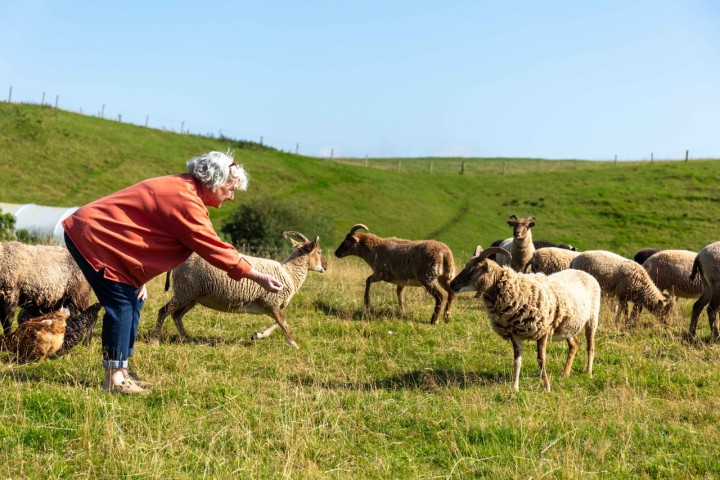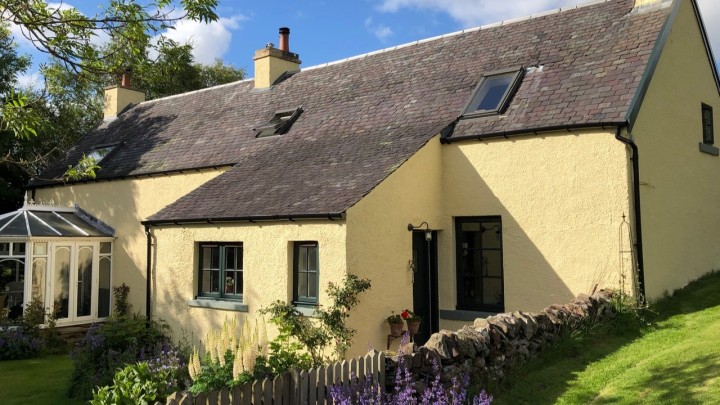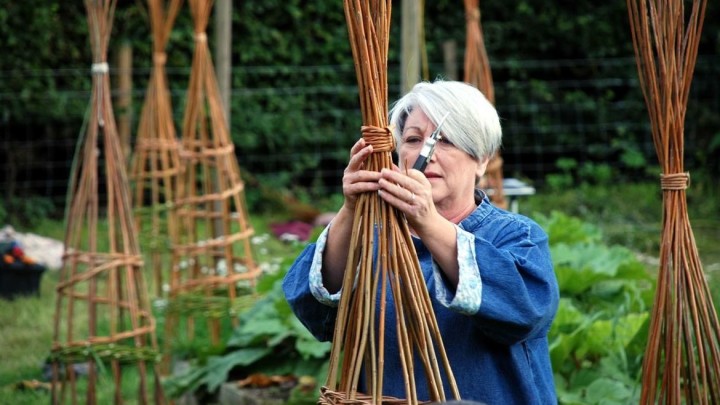Nestled in the rolling hills of one of Scotland’s key farming counties, The Lint Mill is more than just a place for nature-friendly food production: it embodies its owners’ deep commitment to sustainable living in harmony with the planet.
The Lint Mill is an organic smallholding in Scotland’s Southern Uplands - a 15-acre oasis amid a landscape dominated by large-scale conventional farming. Run by Deborah Richardson-Webb and her husband Colin, it’s about much more than food production. Every aspect of The Lint Mill’s work reflects the ethos and values that Deborah strives to live by.
Originally from Manchester, Deborah taught drama and contemporary performance in higher education before moving to Scotland for work. Over time, she and Colin found themselves increasingly drawn to the outdoors. As Deborah rekindled her passion for horse riding and Colin took on an allotment, it became clear that a move to the countryside was the natural next step.
In 2009, Deborah and Colin found The Lint Mill in South Lanarkshire and made it their home. The site had previously been used for keeping horses, but Deborah quickly realised it held something more valuable - extensive unimproved grassland that hadn’t been ploughed or treated with fertiliser for years. “It hadn’t been managed for the best-quality grass and had been overgrazed, but it was really untouched, and that felt like a gift,” she recalls.
Determined to run The Lint Mill as a smallholding where they could grow their own food and rear their own meat, Deborah immersed herself in learning about nature-friendly farming. She connected with like-minded farmers, including NFFN Scotland chair Denise Walton. She also joined a scheme that allowed her to sow a species-rich grassland mix and took steps to regenerate the native seed bed.





